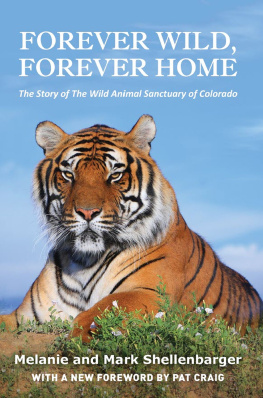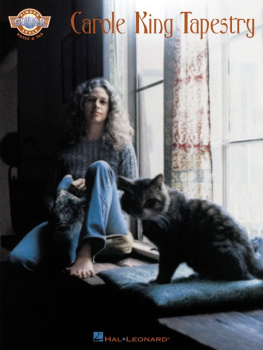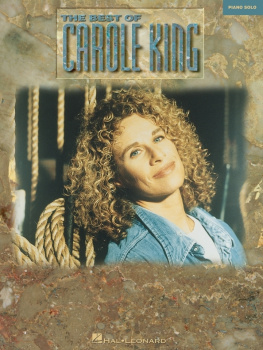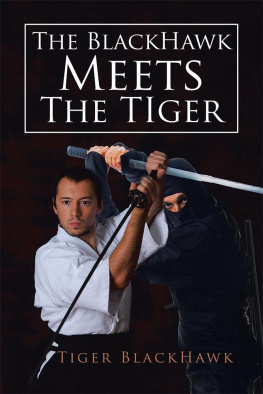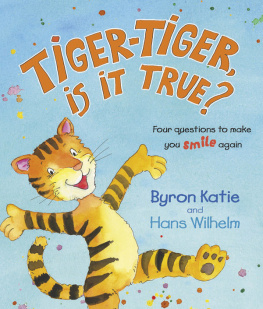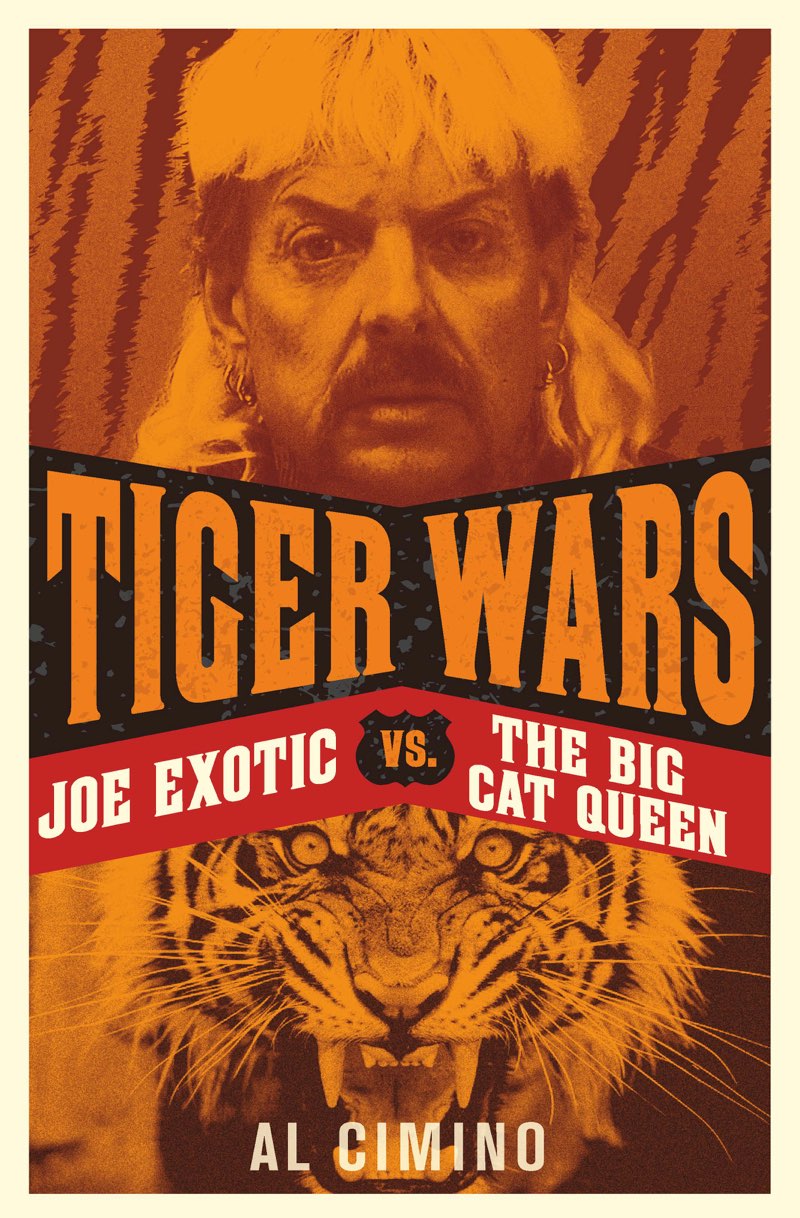Introduction
King of the Jungle
The movie The Lion King, released in 2019 and starring the voice of Beyonc, was the highest-grossing animated film of all time, the highest-grossing musical film of all time and the highest-grossing remake of all time. The original movie, released in 1994, was the highest-grossing motion picture of 1994 worldwide and the second highest-grossing film of all time worldwide, behind Jurassic Park. It spawned a direct-to-video sequel, a spin-off movie, a television film sequel, two spin-off television series, three educational shorts, several video games, merchandise and, with songs by Elton John and Tim Rice, the third longest-running musical in Broadway history. It won six Tony Awards including Best Musical. The franchise, led by the musicals box office receipts of $8.1 billion (as of December 2017), is the worlds highest-grossing entertainment property.
The Jungle Book, which came to the silver screen in 1967, also featured big cats in that case a black panther and a Bengal tiger. During its initial run, it was the most successful animated film ever released. It was re-released theatrically three times and various video releases made millions. There was a live-action adaptation in 1994, an animated sequel, The Jungle Book 2, in 2003 and a live-action remake in 2016. Rudyard Kiplings book, The Jungle Book, has never been out of print since its publication in 1894.
The world of Winnie the Pooh also featured a tiger, called Tigger, who has been bouncing in the Pooh books and movies since 1928. He got his own film in 2000, The Tigger Movie. Then in 1968, there was TheTiger Who Came to Tea, a popular childrens short story that came onto the small screen in 2019 over fifty years after it was written. Which goes to show that everybody loves big cats, particularly tigers.
And no one loved big cats more than Joe Schreibvogel, aka Joe Exotic the self-styled Tiger King. He ran a roadside zoo in Wynnewood, Oklahoma, which featured at its height 187 big cats. Or, at least, Joe said he loved them. Carole Baskin disagreed. She was the CEO of Big Cat Rescue in Citrus Park near Tampa, Florida, which claimed to be the worlds biggest accredited animal sanctuary. Baskin said that Joe Exotic was cruelly exploiting the animals in his care to make money. He said that, by selling tickets to visitors, she was in the same business.
And big cats are big business in America. In the 1930s, the worlds biggest private zoo was owned by legendary newspaper publisher William Randolph Hearst, who filled his estate at San Simeon, California, with hundreds of wild animals, including leopards and grizzly bears. Escaped zebras still roam on the coast nearby.
Some of Americas most reputable zoos are actually privately owned, such as the award-winning, non-profit Phoenix Zoo, which is accredited by both the Association of Zoos and Aquariums and the World Association of Zoos and Aquariums. But fewer than ten per cent of the animal exhibitors licenced by the US Department of Agriculture (USDA) are accredited by the AZA who check on animal welfare.
This is a vast problem. There are some 2,400 zoos in the US, the vast majority of which are considered roadside zoos like Joes. The term is contested, but theyre generally private and unregulated, with little or no research function. Their conditions are poor even to untrained eyes and many house big cats.
Visitor Sean Williams, reporting for The Daily Beast, said: Among the many roadside zoos I visited Joes old park was the worst. When I went, it had rained, and tigers sloshed back and forth in ankle-deep slurry. A man-made lake was neon green and stagnant. A brown bear sat in its own faeces while a man fed it potato chips. Tenpins were scattered about the cages and one monkey enclosure featured a childs kitchen play set.
The AZA dont allow any physical interaction with dangerous animals.
Its dangerous for the animals and dangerous for the people, said AZA president Dan Ashe. Interactions where a dangerous animal is restrained so the public can pet or hold it are unethical. Its restrictive and potentially abusive to the animals, Ashe says. In order to be in direct contact with humans, humans have
to be in control of the animal.
Unaccredited zoos such as Joe Exotics Greater Wynnewood Exotic Animal Park, formerly known as Garold Wayne Exotic Animal Memorial Park aka G.W. Zoo, allowed visitors to cuddle a tiger cub or pet a lion. An analysis by New York University researchers identified seventy-seven facilities offering public contact with baby animals in late 2015 and early 2016, mostly big cat cubs. The practice was legal, but the USDA said only cubs between the ages of four weeks when they are no longer consider neonatal and twelve weeks when they become too big, too fast, and too strong should be used. At many parks, cubs are caged, sold, or shot when they get too old.
That creates an incentive for breeders such as Joe Exotic to pump out cubs to replace those too old to be safely cuddled. It also means there is a constant supply of hundred-day-old tigers that have outgrown their use.
David Stanton, who ran Joes video operation in 2012 and lived at his zoo for eight months, said newborn tigers were sometimes removed from their mothers within twenty minutes of birth to be raised by hand for use in petting or the road show, or simply sold.
Baby tigers are like money in the bank, he said.
According to Joe Exotic: There are more captive tigers in the US today than there are in the wild throughout the world. And Joe should know as he bred them to sell to other collectors. Leaving aside zoos, there appears to be more tigers in American backyards than anywhere else on earth. There are only some 4,000 tigers at large in Asia, while it is estimated that there are between 5 and 10,000 tigers in captivity in the US. The wildlife trafficking is a $19 billion industry.
Since 2013, Oklahoma veterinary records show that Joes zoo shipped out more than a hundred tigers as young as a week old. Cubs could go for as much as $5,000. Dozens were sent to private zookeepers and animal owners in Florida, Indiana, Colorado and beyond. In 2015, he obtained an export permit to ship a lion-tiger hybrid to the United Arab Emirates.
The Lacey Act Amendments of 1981 sought to stem the trading of wild animals as pets across state lines and national borders. However, the regulatory system is porous. The USDA employs around 110 relevant inspectors to oversee 10,000 locations countrywide and the paperwork is easily faked.
Joe Exotic also took flack for taking his animals on the road as part of a carnival that he put on in shopping malls. And he was condemned for breeding the lion-tiger hybrids to bring in the crowds. These animals suffer from genetic abnormalities that require specialised care that many of these facilities are unable to provide. But questionable animal interactions and breeding practices are common at the private zoos. At Joe Exotics G.W.Zoo, guests paid $80 per couple for a twelve-minute Deluxe Private Playtime with animals that include ligers and tiligers, hybridised offspring of lions and tigers that do not exist in the wild.
The flamboyant, gay, gun-toting cowboy with a mullet, as Joe Exotic likes to call himself, became the central figure in a war between the private zoos and animal rights activists. He used the media to defend these practices against such pressure groups as People for the Ethical Treatment of Animals, the Humane Society of the United States, the American Society for the Prevention of Cruelty to Animals, the AZA, the American Sanctuary Association, a number of government agencies and Congress itself. Joe picked out for particular vitriol Carole Baskin, who fought back, winning a $1 million lawsuit against Joe which eventually forced him out of business. In response he accused her of killing her husband.








